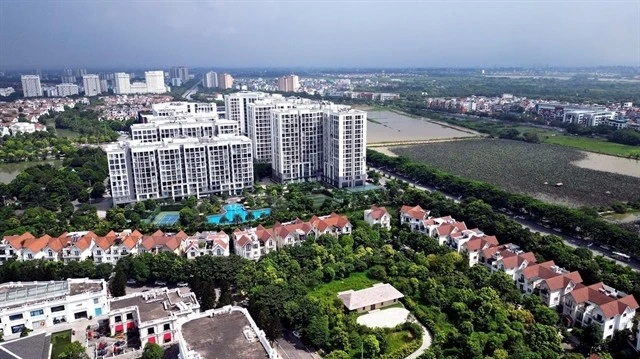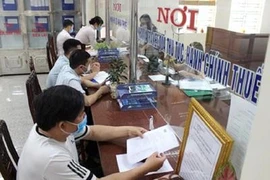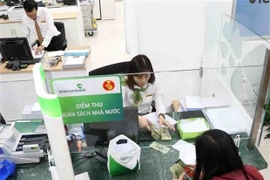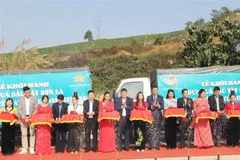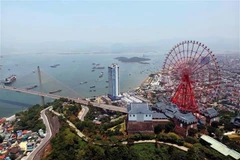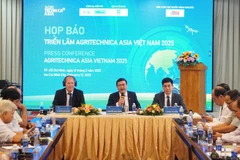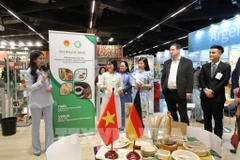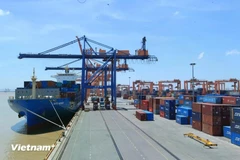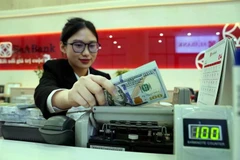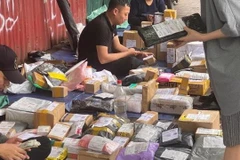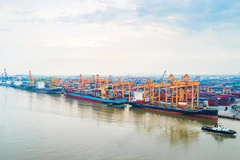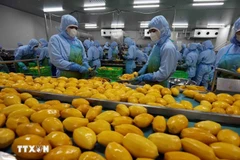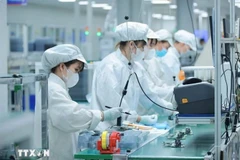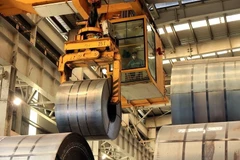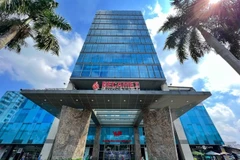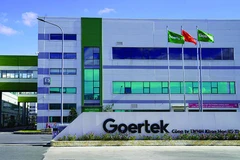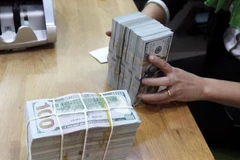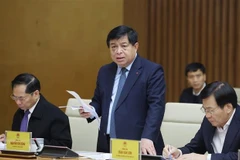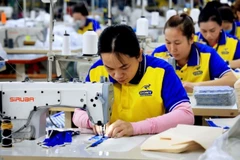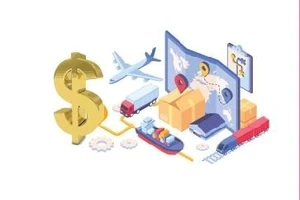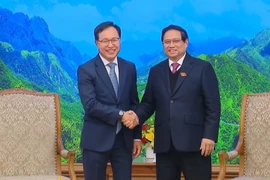Hanoi (VNS/VNA) - The Ministry of Finance (MoF) has recently proposed imposing property taxes on real estate transfers based on the length of time properties have been owned, but the Ministry of Justice (MoJ) said the idea is not feasible.
In their latest draft of a proposal to establish a new Law on Personal Income, to replace the current one, the MoF has proposed the Government impose taxes on income from real estate transactions based on the period of ownership – or holding period – which is the time between when an investor buys and sells a land or property.
According to the MoF, this kind of tax instrument has been applied by several countries to limit speculation and so-called 'flipping' or properties, in order to reduce the attractiveness of real estate speculation.
Some countries even impose taxes on profits made from real estate transactions in proportion with the frequency of transactions, and the period between buying a selling the property. The shorter the time – the higher the tax rate, the longer the time – the lower the tax rate.
For example, in Singapore, any real estate that is sold within the first year after it has been bought is taxed at 100% on the difference between the buying and selling prices. After two years, the rate is reduced to 50%, and after three years it is 25%.
In Taiwan (China), transactions made within 2 years after buying property are taxed at 45%. Those made between 2-5 years following purchase are taxed at 35%, between 5-10 years at 20 % and after 10 years only 15%.
Vietnam can learn from other countries and use personal income tax to reduce real estate speculation, according to the finance ministry. The tax rates should be studied carefully and reflect the market’s real situation.
However, according to the MoJ, this tax instrument is not yet feasible for Vietnam, since it is closely linked with land and property policies and databases – which have not been fully developed.
Also, the State management of taxes and land policies have not been in synch, making it difficult to apply the instrument.
The MoF should conduct further study and propose other options for the new personal income tax law, the Ministry of Justice said./.
